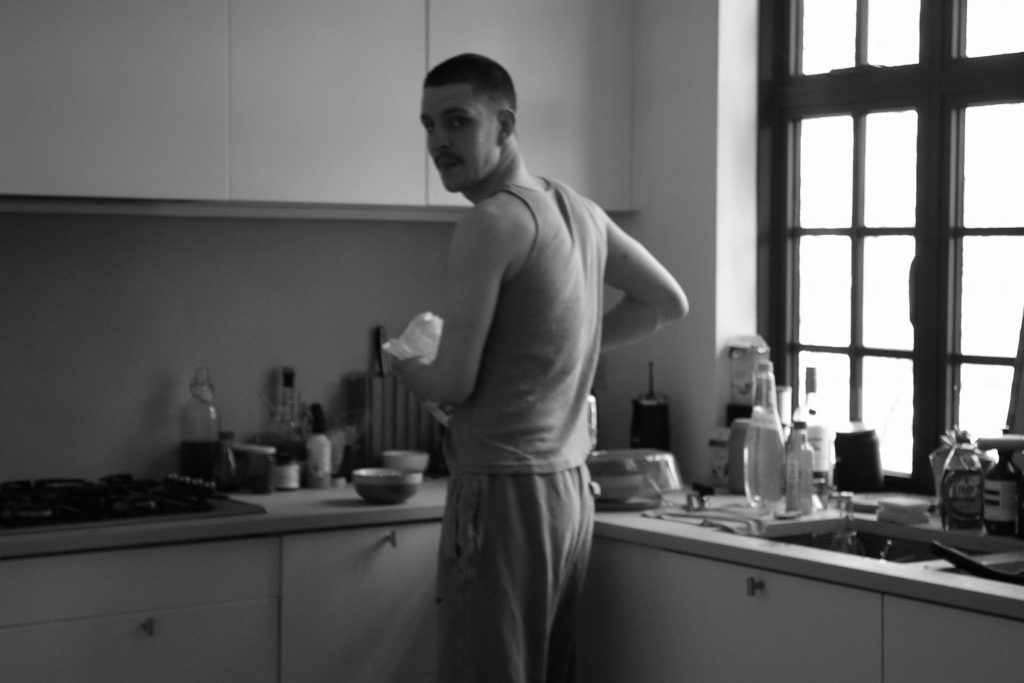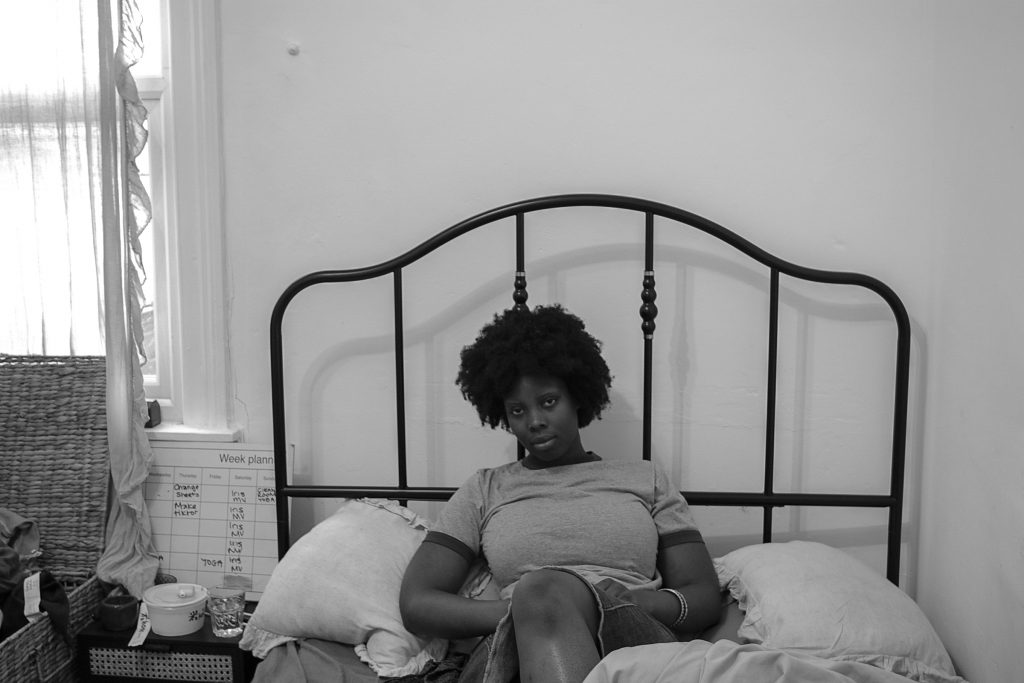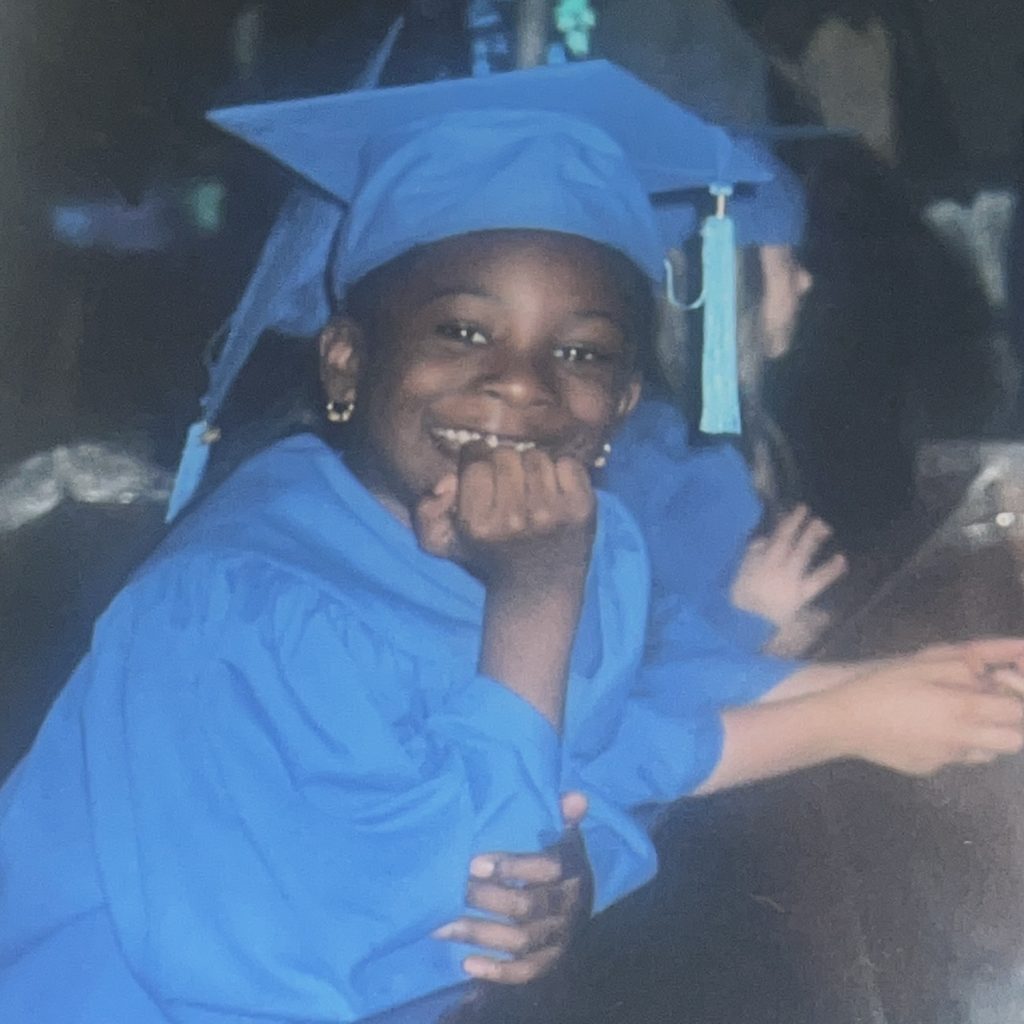Risk can be the ultimate show of love, but to what end?
Jimmy contracted COVID-19 for the first time in December 2021 and he couldn’t have predicted how it would go on to completely change his life. His initial flu-like symptoms: sniffly nose, headache, slight fatigue, were no cause for concern to a relatively healthy 25-year-old.
His second contraction put him in a territory he was sorely unfamiliar with, but not unique today. According to Jason Maley, instructor in medicine and director of BIDMC’s Critical Illness and COVID-19 Survivorship Program at Harvard Medical School, in an interview from 2021, explained its becoming more normal for young people with mild symptoms to be seen with more long-term health complications. While numbers are murky due to the ambiguous nature of the infection, there are estimates as large as 1.9 million Britons have Long COVID according to the United Kingdom’s Government website.

Jimmy shared that as his illness progressed, he ended up bed bound back in his parent’s home in the north. “I couldn’t do anything. I’ve slowly [gotten] a little bit better over the last few years where I can walk around. Today I went out for lunch, and that’s my day,” he says. It was not close to the life he imagined for himself after starting his job in film production in London post graduating from the University of Leeds. He was diagnosed with Long Covid after his third time getting infected; feeling lost and in need of answers, he did what most Gen-Z’s do, and turned to the internet. Through joining a few Covid-Conscious Reddit groups he was introduced to people from the UK to Malaysia who were suffering a fate so similar to his.
“Life hasn’t been the same since then”
At first, he says he was grateful for how much he was learning, from how to speak to medical professionals about his symptoms to avoid medical gaslighting to the best KN-95s to use at family gatherings with reluctant loved ones. People commiserated, ranted, and poked fun about how their lives had been completely upended by this new reality. The sense of community was a positive influence until it wasn’t. He noticed that while there was a wide spectrum of people, the groups were mostly populated by more long term disabled who had more seasoned experience with having a more “militant” approach to health. He began to feel like he was in a “lifestyle competition”. But he admits that his views are slightly tainted by his ignorance, “Disabled people were not in my politics massively, like [disability activism] was something I thought about as what as much as I do now.”
Here enters Hilary, a 27-year-old fibre artist from Brighton, immunocompromised since the age of 13 who has been actively avoiding COVID-19 for the last 5 years. While she knowingly has only contracted it once, her doctors repeatedly remind her that falling prey to one of the latest, more aggressive strains of COVID-19 could be devastating to her well-being.
Her pre-existing condition means that isolation is not something that Hilary is unfamiliar with or ashamed of. “I don’t want anyone around me,” she says, “that thinks my health is an inconvenience.” She explains to me that most days are spent in her bedroom in her aunt’s home (one of the few people in her immediate family that follow precautions) crocheting for her online business and trying new recipes.

The strong contrast between the two circumstances only becomes more apparent on the topic of community support. Although Hilary also found solace on Reddit pages, she differs from Jimmy when it comes to how she rationalizes it all: “This is really all I have. The Internet is where I find people and people find me and I’m grateful,” she explains. She hasn’t had the opportunity to meet many people in person, but through her social media accounts she has found income and a village. Hilary says she refuses to compromise on her boundaries.
Jimmy reflects on how lucky he is to have a very responsive, active community, in particular his longtime girlfriend Gabby. “We met; we dated for six months. I got ill; they stuck by me even when I was like at home for like months at a time,” he details. He acknowledges that Gabby not masking or following many other precautions would be “horrifying” to people like Hilary, but it’s a trade off he’s comfortable with. Gabby shows invaluable care in other ways, like shouldering a large share of their rent and managing his numerous weekly appointments. To Jimmy, his relationship is his freedom, and he would sacrifice it for little else.
Risk is a byproduct of vulnerability, and the disabled are structurally made perpetually vulnerable, thus weighing risk has become their burden. Hilary says, “You don’t need to understand why I live, but have compassion for why”.
